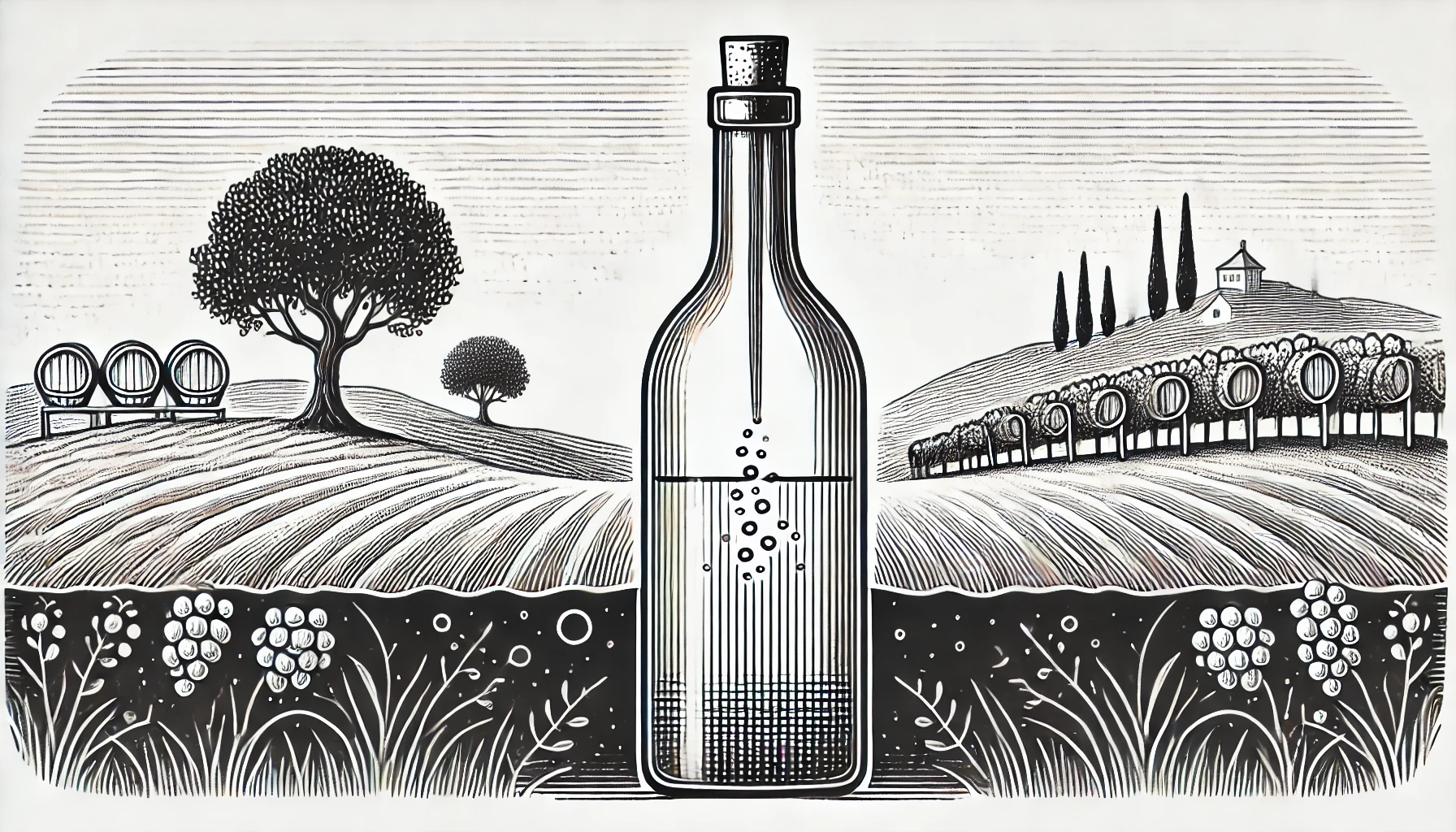
Ullage refers to the empty space between the wine and the cork in a bottle. Also, the empty space between the wine and the stopper in a barrel or tank. This space can affect the aging process of the wine, as the exposure to air (oxygen) can influence the wine’s development, for better or for worse.
In bottled wine, it is measured by the distance between the top of the wine and the base of the cork. A small amount of ullage is normal and expected as wine naturally evaporates over time, even through a cork. However, excessive ullage can be a sign of improper storage conditions, such as exposure to heat or faulty corks, which can allow too much oxygen into the bottle. When this happens, the wine can become oxidized, resulting in off flavors and aromas, such as a nutty or stale character, and a loss of freshness.
Ullage and Fine Wine
Ullage is a critical consideration for collectors and buyers of fine wines, particularly those that are meant to be aged for many years. Wines with excessive ullage may be less desirable. This is due to the increased exposure to oxygen that can compromise the wine’s quality and longevity. For this reason, professional wine auction houses and merchants often provide ullage measurements when selling older wines.
In barrels or tanks, ullage is more actively managed. Winemakers will often “top up” barrels or tanks during aging to minimize the amount of air in contact with the wine. Therefore, preventing oxidation. This is especially important for wines that are aged for long periods. That´s because even a small amount of oxygen exposure can affect the final product.
While some oxygen exposure can be beneficial in developing the flavors and complexity of certain wines, such as aged reds or fortified wines, too much ullage can result in spoilage. Proper storage conditions, such as maintaining a consistent temperature and humidity, are key to minimizing ullage and preserving the quality of aging wines.
Curious about more wine terms and insights? Visit our Wine Wiki section and explore the basic wine terms for expert definitions and tips!